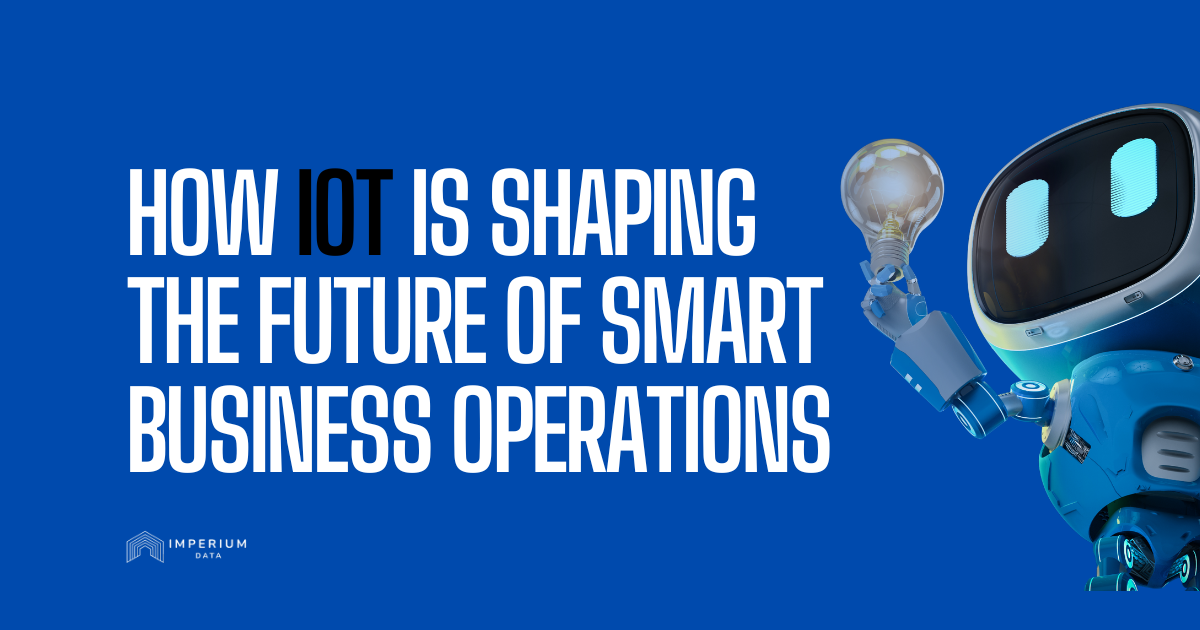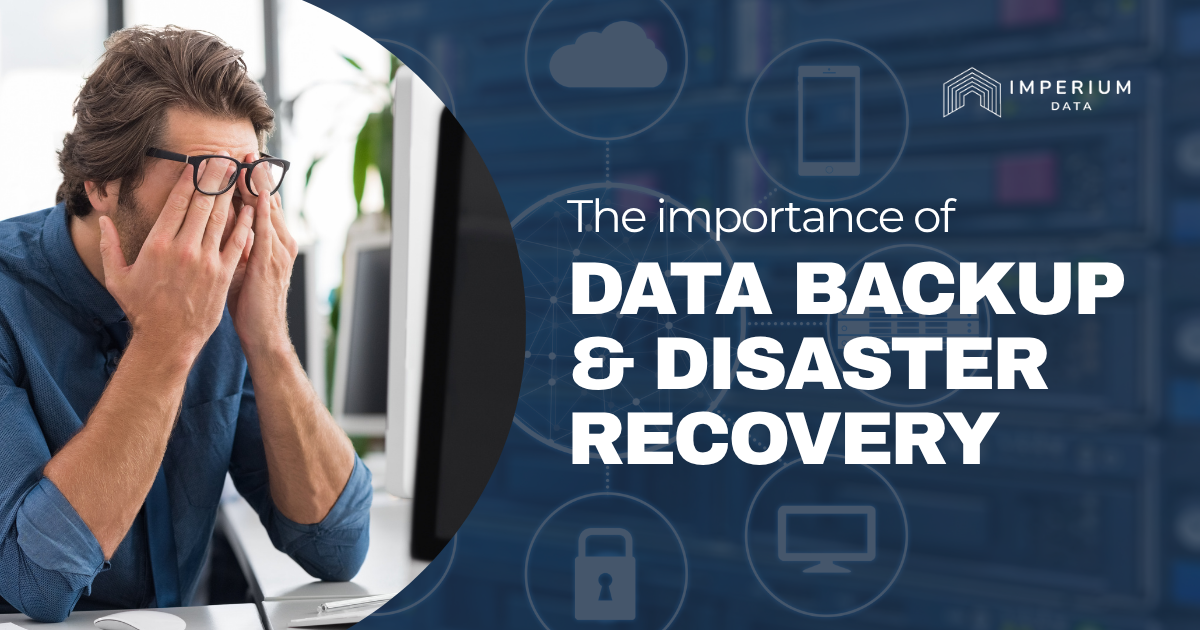We all want flexibility at the workplace, don’t we? That desired flexibility can be achieved through the benefits of cloud computing. The limits of on-premise hardware make that goal more challenging. That is where the cloud comes into the picture. So rather than go for physical servers in-house, you could rent data storage space (on a pay-per-use basis) from a cloud computing provider.
The benefits of cloud computing are visible across most business sectors. Cloud computing is utilized in diverse segments from manufacturing to financial services and every industry in between.
What is Cloud Computing?
Cloud computing is the on-demand delivery of computing services—including applications, storage, and processing power. This solution allows multiple users to access a data center for all of their IT needs. The users are accessing this data center via the internet. In today’s world, businesses chose to embrace cloud computing to simplify and secure work processes as much as possible. Let’s take a closer look at the benefits.
Benefits of Cloud Computing
Cloud computing is not new, and companies are continuing to migrate to the cloud. This continuing trend indicates that the future of business information technology is indeed the cloud.
Reduced IT Costs
By moving to the cloud, you could reduce the cost of managing and maintaining your IT systems. You don’t have to purchase any expensive systems and equipment for your business; minimize cost using your cloud computing service provider’s resources. Your operating cost is reduced in the following ways:
- The pay as you go model dramatically lowers upfront capital costs.
- Since an outside vendor manages the hardware, you can reduce or eliminate your in-house IT department.
- Reduction in energy consumption
- Rapid scalability of processing power means the avoidance of downtime
Flexibility and Scalability
Cloud computing brings an enhanced level of flexibility and scalability to your business operations. The cloud gives you that opportunity to set up a virtual office. You can connect to your business anywhere and anytime. You will easily access your data with the growing number of web-enabled devices in today’s business environment.
Depending on your website’s traffic volume, you can quickly scale up or scale down cloud servers. The unlimited storage space and server resources make rapid scaling a breeze. The servers are already there; you will just need to turn them on.
Business Continuity
For your business to continue with its operation, the protection of data and systems is critical. Whether you experience a power failure, a natural disaster, or other forms of crisis, you rest assured it is backed up and secure in a safe location with your data stored in the cloud.
Effective Collaboration
When you collaborate in the cloud environment, your business can communicate and share with ease outside traditional methods. Employees, contractors, and third parties can access the same file even you’re working across different locations.
Access to Automatic Updates
IT systems benefit significantly from regular updates with the latest technology. With your IT infrastructure on the cloud, you can be sure you are getting access to the latest updates.
Cloud Computing vs. Traditional Servers
Opting for cloud computing over traditional servers is becoming the norm. Let’s compare cloud computing vs. traditional servers.
Software
Businesses get cloud software as an on-demand service—you don’t have to purchase a drive to use such applications. You connect online to the desired service when there’s a need for it.
Costs
Cloud computing costs are lower than having a traditional server because the server’s operation and maintenance are shared between parties, driving down the servers’ cost. Cloud computing allows you to defray the upfront cost of purchasing a server.
User-Friendly
Cloud computing, when used in conjunction with a reliable and fast internet connection, creates an unparalleled user experience. That possibility allows you to access data anywhere and anytime. The same cannot be said for a traditional server—data is only accessed at a physical location and may come with a bit of inconvenience.
Fewer Security Breaches
Having data stored on the physical server may come with some level of frustration. An in-house IT department will eat up a significant amount of time and energy, managing these in-house devices’ security. The cloud is an external way to store data and deliver software; only those with access to the server can use the stored data and application as long as the internet is available. With a transparent cloud provider, you worry less about security data breaches.
If you’re thinking of migrating data from traditional servers to the cloud, Imperium Data can guide you through the process and show you the costs and create a personalized plan.



